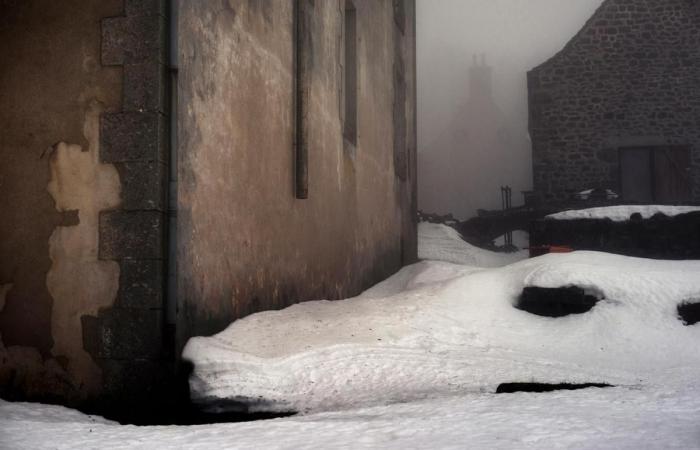They meet, face the difficulties of life, the violence of wars… From France to Estonia, from Finland to England and over more than a century, the Canadian novelist and poet connects destinies which share the same sufferings, the same dramas .
A writing conducive to meditation. Photo Julien Coquentin/Hans Lucas
By Fabienne Pascaud
Published on November 21, 2024 at 3:30 p.m.
HAS About one of her war reporter characters, in the middle of a romantic saga exploded between 1910 and 2025, the Canadian novelist and poet Anne Michaels writes: « What was Alan’s task? Writing what no one could bear to read. What was anyone’s job? Bear the truth. » She writes what no one can bear to read: the transience, the precariousness of our destinies. And she supports the truth. But an unresolved truth. This is evidenced by his captivating and soaring story full of stanzas, hallucinatory visions, images and bursts of life which fit together, from 1910 to 2025. In the melancholic manner of the Austrian Arthur Schnitzler in his Ronde (1897). Except that, with Anne Michaels, these are duos who pass the baton through space, often linked to each other in snowy landscapes where objects, lights, words strangely echo each other.
John and his wife Helena start the dance. He lost a leg during the First World War, in Cambrai, and we surprisingly experience his pain as a shell pins him to the ground. He becomes a photographer. His clients’ deceased loved ones appear in his portraits. And at the end ofHugs, Pierre Curie, strangely appearing with Marie, declares outright that science must never exclude what it does not understand. “The dead leave signs everywhere. We feel the shadow but we cannot know what casts it », says Anne Michaels. Curious book-poem, book-palimpsest where the devastation of wars and the incapacity of language to express it are drawn as a leitmotif. From France to Estonia, from Finland to England, the novelist combines elliptical destinies which relive the same dramas and share the same sufferings. Between life and death, love and death. The brief form it adopts – these chapters so delicately cut – allows meditation as well as dreaming. There hellish quest for the loved one, too. « How long before the years they had spent together were reduced to a handful of images and sensations, she writes about John. How long before he doesn’t remember anything? »
Books






